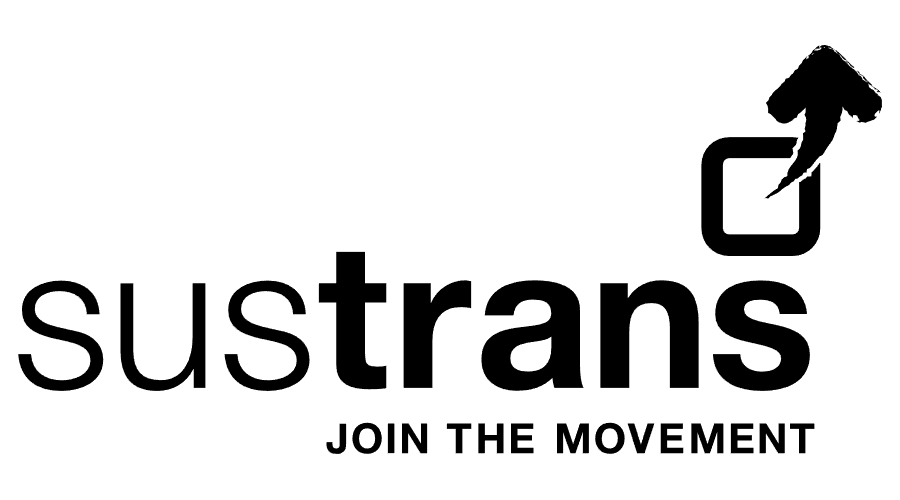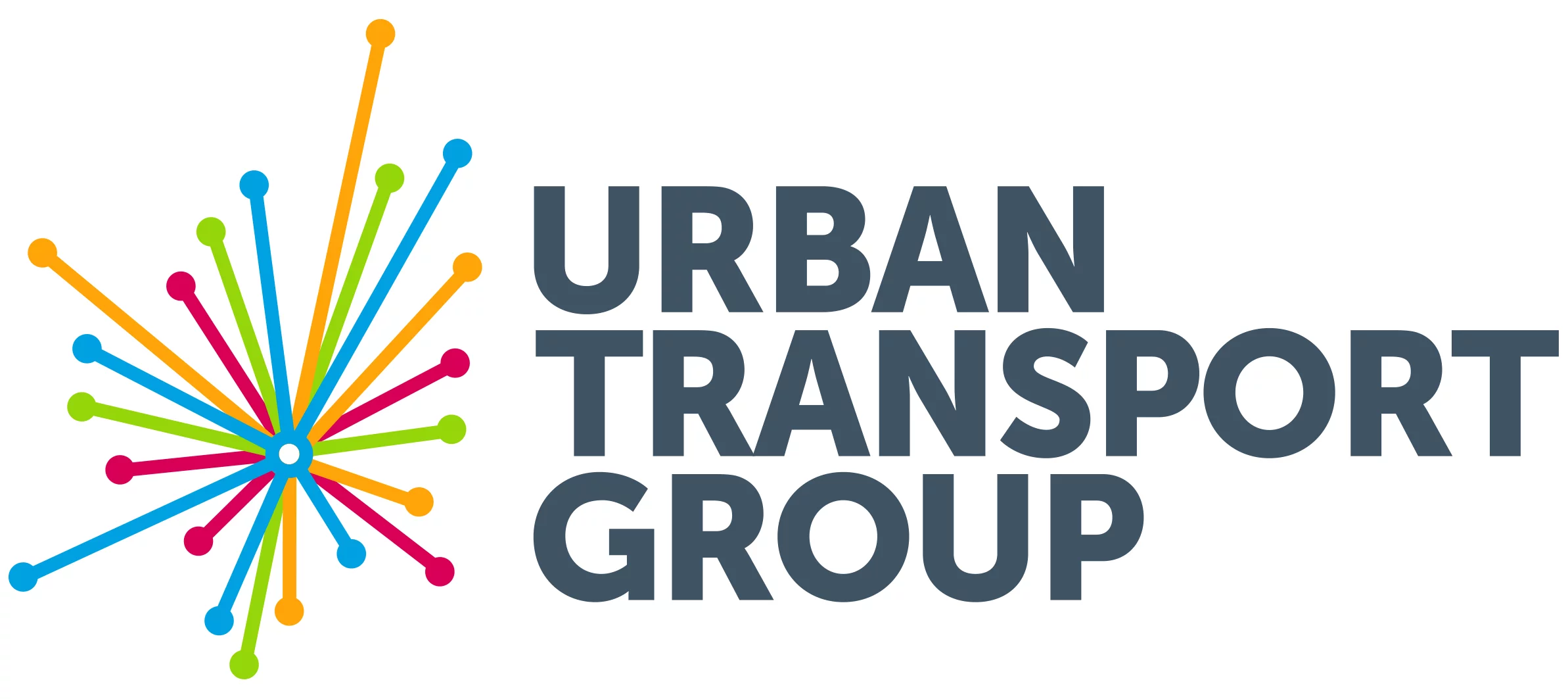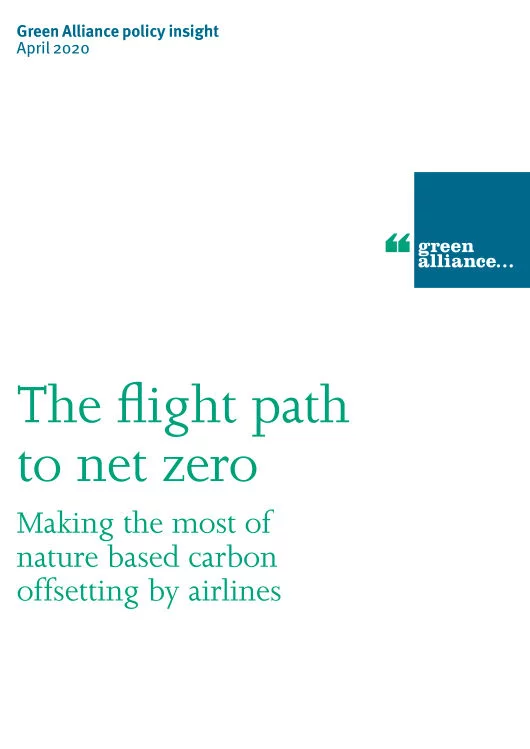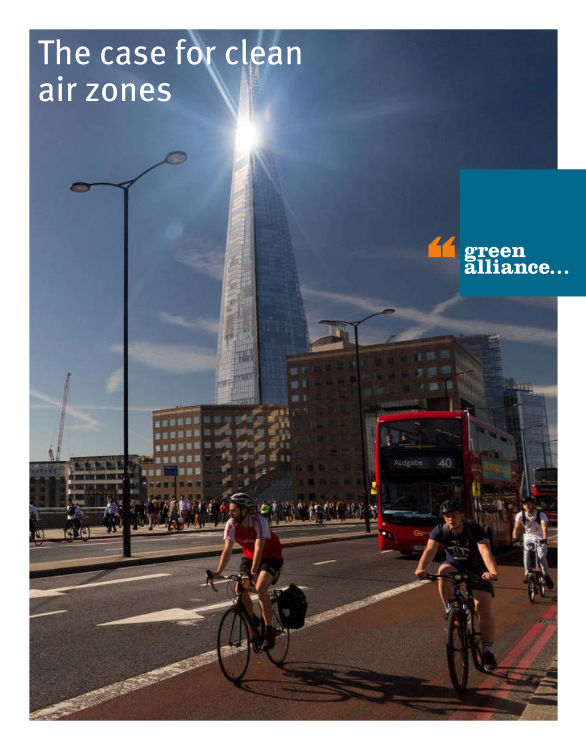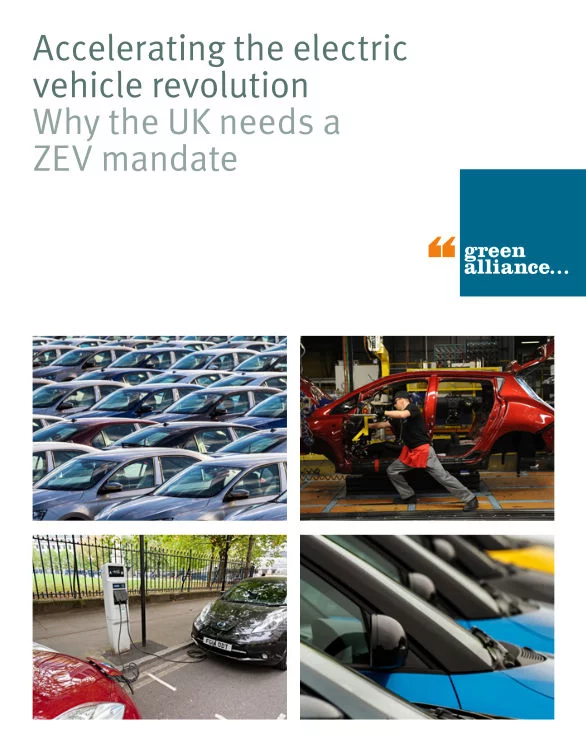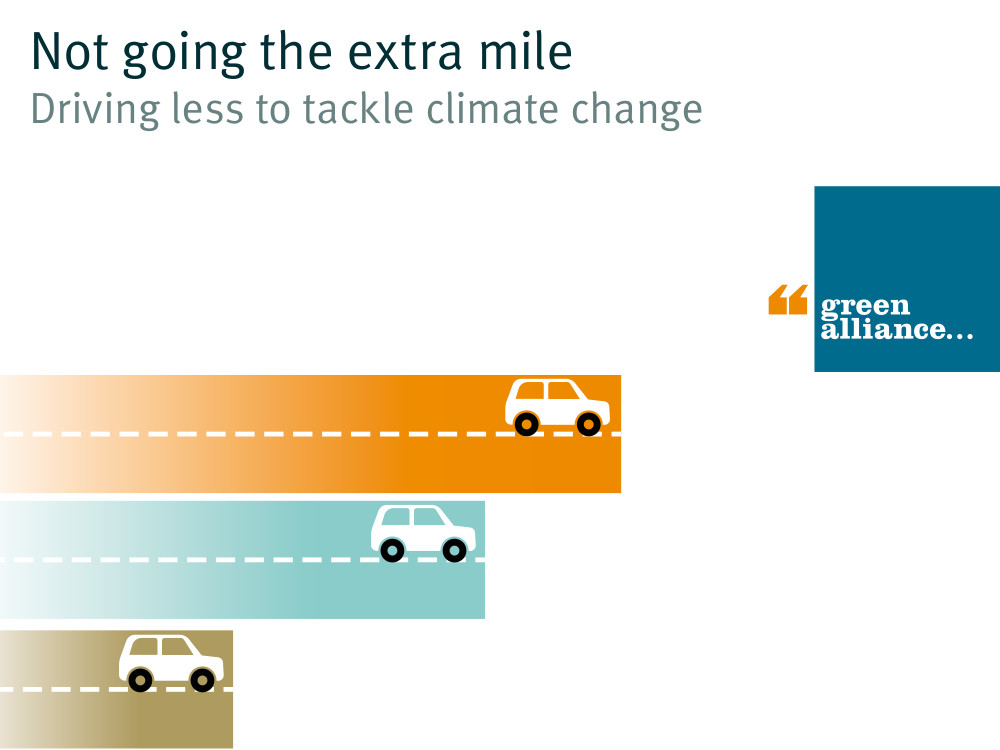Overview
Despite the urgent need to cut emissions to meet the UK’s net zero target, transport remains the most polluting sector, with progress to reduce its emissions falling short of what is needed. This lack of progress is putting the UK’s climate commitments at risk.
Sustainable transport networks offer a chance to create healthier, safer and more connected communities. In partnership with businesses and NGOs, we are analysing policy gaps and working with decision-makers to raise ambition for a cleaner transport system. Our focus includes securing an ambitious transport decarbonisation plan, expanding sustainable travel options, accelerating the shift to electric vehicles, reducing aviation emissions and embedding low-carbon transport in planning policy.
Accelerating the electric vehicle revolution
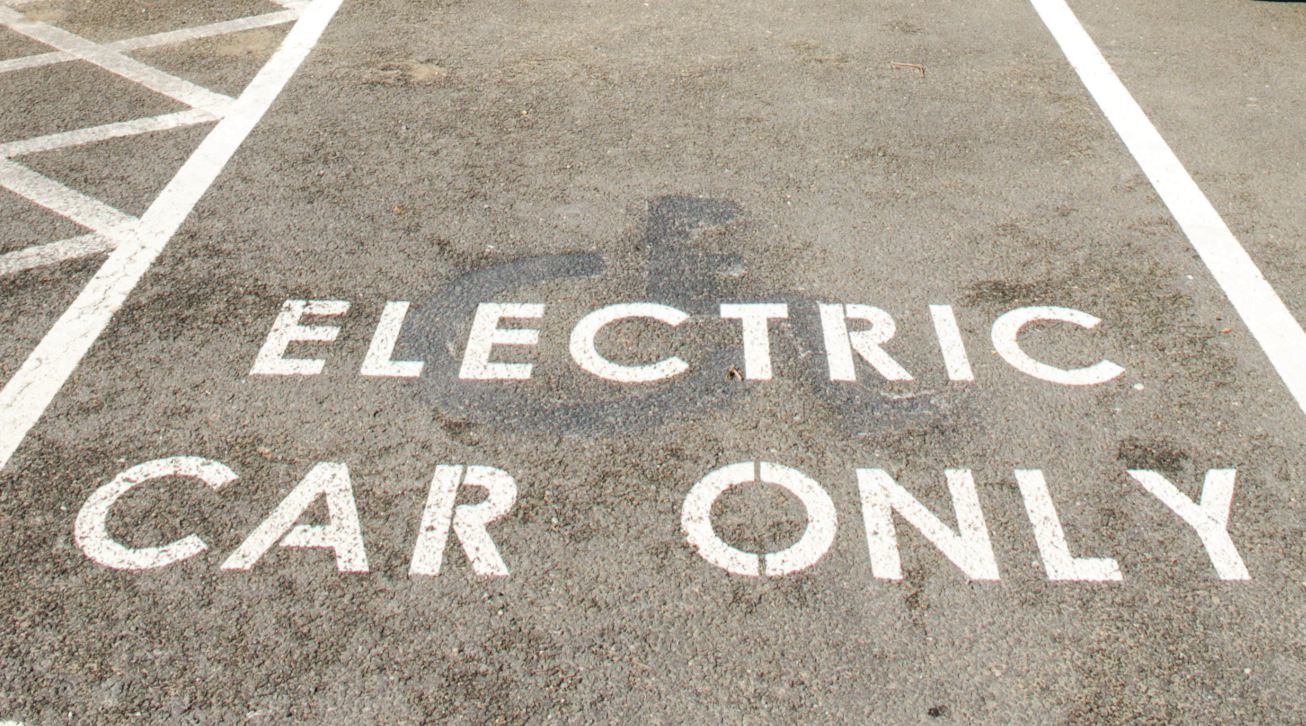
In 2017, we were the first to voice the need to bring the ban on the sale of petrol and diesel cars forward from 2040 to 2030. We collaborated with businesses and NGOs to make the case to government.
In a significant win, in 2024, the Zero Emission Vehicle (ZEV) mandate launched speeding up the transition to electric vehicles which will cut carbon fast from this high emission sector.
We continue to advocate for a successful transition to electric vehicles, including urging the government to introduce more ambitious targets to the (ZEV) mandate.
Read the reports:
As the UK’s car manufacturing sector gears up to produce electric vehicles, attention is turning to the battery supply chains needed for the car industry to thrive.
We surveyed and spoke to industry leaders to understand the challenges and opportunities facing the market. This report includes a set of recommendations that will ensure the UK battery strategy is successful in creating high skilled jobs, boosting the economy and securing the country’s automotive sector while supporting UK climate targets.
We recommend that the government brings forward its ban on petrol and diesel vehicles by ten years, and delivers a comprehensive strategy including switching the government vehicle fleet to 100 per cent EV.
These policies will reduce the carbon policy gap and allow the UK to become a net vehicle exporter, as well as reduce the costs of EVs, making them more accessible for everyone.
As the transition to clean vehicles depends on an adequate supply of zero emission vehicles, further regulation is needed to ensure manufacturers up their sales.
We recommend the UK government accelerates the switch to battery electric vehicles with a Zero Emission Vehicle (ZEV) mandate, which will be crucial to cut emissions, save consumers money and futureproof UK industries and jobs.
Low income households are currently not benefiting from electric vehicle use, despite these vehicles being cheaper to run than conventional cars.
In this report, we present four policy and fiscal measures to help those on lower incomes benefit sooner from electric transport.
Addressing aviation emissions

Aviation is one of the hardest forms of transport to decarbonise.
The government is depending on technology to solve the problem but it will be a long time before zero emissions aircraft can be used commercially. To reach net zero by 2050, other solutions are needed. Sustainable aviation fuel is an option for the shorter term alongside a kerosene tax to manage demand. We have looked at how to speed up the use of alternative fuel, particularly power-to-liquid synthetic fuel which can be carbon neutral.
Integrating transport and planning
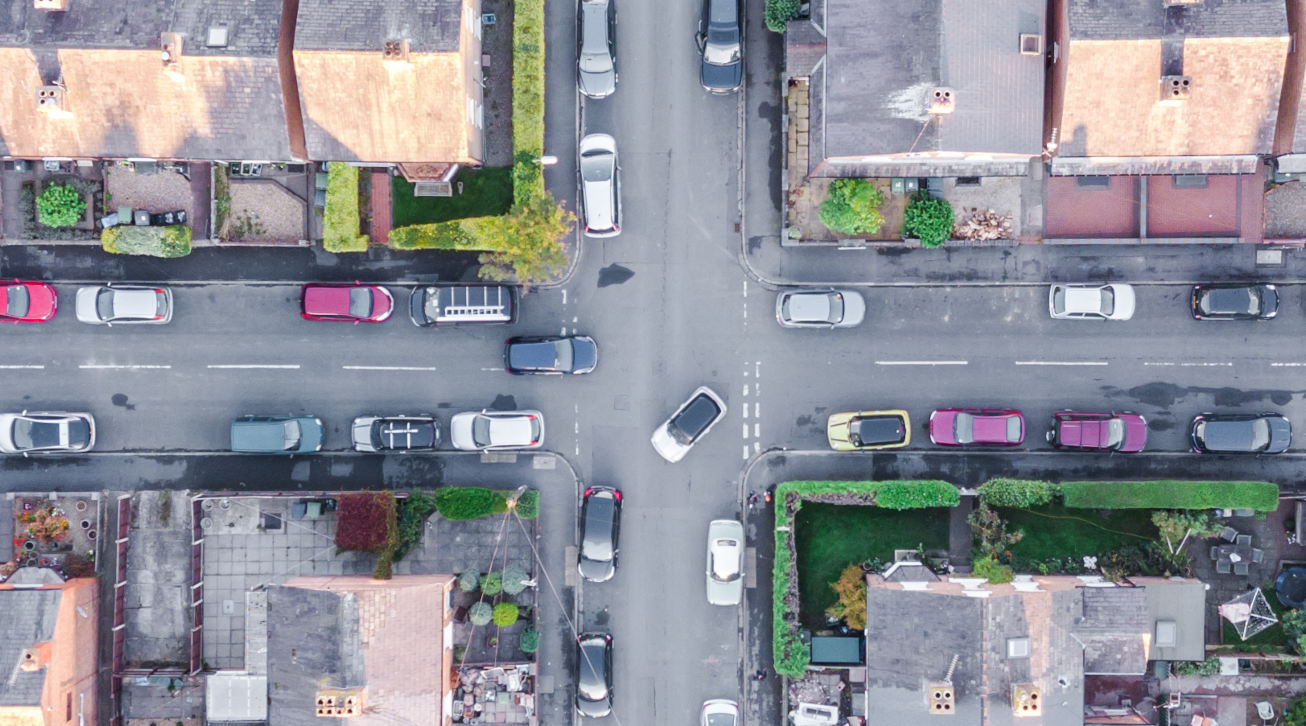
In collaboration with NGOs, we are working to ensure that low carbon transport is at the heart of the planning system.
Better planning can encourage the uptake of active travel, such as walking and cycling, reduce congestion, improve health, and accelerate emissions reductions from cars.
The UK cannot achieve its transport emissions targets with the move to electric vehicles alone. To make sure climate targets are met, efforts must also be made to cut the total number of car journeys.
In collaboration with Transport for New Homes, CPRE and the Town and Country Planning Association, we recommend ways for the planning system to support sustainable travel infrastructure, such as trains, buses, cycleways and walkways through the Infrastructure Levy.
Pushing for an ambitious transport decarbonisation plan

In 2021 the government published its transport decarbonisation plan, laying out a strategy for how to achieve net zero across the sector.
It was a good start, but the plans have not been kept to. Alongside our NGO partners, we are working to ensure the Department for Transport (DfT) delivers on its climate promises across all modes of transport in the UK by advocating for reviewing and monitoring progress.
Funding partners
This programme of work is made possible by the European Climate Foundation and the Quadrature Climate Foundation.

NGO partners
We are working with the following NGOs to deliver ambitious transport decarbonisation.


